Content from the Brookings Institution India Center is now archived. After seven years of an impactful partnership, as of September 11, 2020, Brookings India is now the Centre for Social and Economic Progress, an independent public policy institution based in India.
For more than 50 years, Stephen Philip Cohen has played a leading role in shaping South Asian security studies, and mentoring generations of scholars in the field. He is credited particularly for landmark work on the Pakistani and Indian armies. His new book The South Asia Papers: A Critical Anthology of Writings has just been published by the Brookings Institution in Washington, D.C., where he is currently a senior fellow. Excerpts from a telephonic interview:
The South Asia Papers collects a lifetime of work and ideas.
It roughly follows the trajectory of my career. I began as a historian and scholar working on military sociology, interested in caste in the Indian Army. Later my interests shifted, and my articles reflect that. I looked at how the Indian Army faced outward, that is foreign and strategic policy in general. In 1978 I co-authored a book, India: Emerging Power, which was my first major piece on Indian foreign policy. There were several diversions, including a year in Tokyo, when I couldn’t get an Indian visa. In Tokyo I spent a lot of time with their China experts, and got a different perspective on India, as seen from both Japan and China. The Japanese often asked me: ‘Why are you bothering with India? It is not important.’ The Chinese had pretty much the same view.
A friend at Brookings, Jonathan Pollack, pointed out in a recent seminar that the problem for the India specialist has always been how to make the country central in Asia when nobody else believes it is. My view is that this ‘great state’ debate is kind of spinning your wheels. India is India, and the comparisons are not always useful or relevant. It has a lot of problems, many advantages, some disadvantages, but I would no longer try to measure it against any other state — international politics goes on and on, there are no permanent winners or permanent losers.
The book includes some writing from the years when I worked in the U.S. State Department. It also has a long chapter on nuclear weapons, and it is my most complete expression on nuclear programmes in South Asia and strategies to deal with them.
In fact, you wrote about tactical nuclear weapons, which has become a serious issue today…
Yes, in 1964-65. I was a graduate student then, and wrote a piece that India might want to consider the acquisition of tactical nuclear weapons. Alas, this has now become relevant. In retrospect it was a silly idea but tactical nukes are being discussed among Indian strategists now. Perhaps the most valuable chapter in the whole book is a journal article, slightly expanded, written about 10 years ago, on the process of becoming a South Asian scholar working on defence issues.
The cover of The South Asia Papers tells a story. The picture is interesting because it has Indian jawans, British officers on top of an American tank. The picture was taken in Burma, so the image reflects the complicated and multinational qualities of the Indian military.
It still is diverse and got even more so, with Indian, Russian, Israeli, French and American systems, and so on.
Yes, the Indian military says that diverse sources are an advantage, but it can be a disadvantage. Indian planes need very different facilities for maintenance, the Russian planes are quite different from the French. Sometimes this complexity may affect operational readiness, it certainly is more expensive to duplicate technologies from different parts of the world.
The larger conclusion I have about the Indian military is that India has traded operational efficiency for political control over the armed forces. The Indian military may not be that efficient but they never question civilian authority. The problem is that on the civilian side they do not have the competence to run the military. Ironically, in Pakistan it is the opposite. The military does not have the competence to run a country. So if you were to combine India and Pakistan, you have a great country, with military efficiency and also civilian control.
Do you see a possibility of a civil-military breakdown in India due to the military being downgraded in parity with their civilian counterparts and the recent disgruntlement in the ranks over One Rank One Pension and other issues?
I would be less worried about a rebellion than an incompetent military. They have to be kept happy, but not so happy that they have the ambition of running a country. Politicians should also know how to manage the military. In the modern world, even a limited military involvement has a political consequence.
How do you see India’s reform agenda in defence?
India is still divided as to what the real threat is. If you talk to most Indian politicians and strategists, it is Pakistan because it resonates domestically. Yet, Prime Minister Modi has made some efforts to normalise relations with Pakistan. Pakistanis themselves have their own agenda, they think they cannot be pushed around, they are afraid of becoming West Bangladesh, a vassal state. The Indians are conducting a cautious policy towards Pakistan.
Indians don’t want to get militarily entangled with China. For the Indians, the Chinese can offer regional economic integration, tie the region together, and in a sense restore the Mughal Empire or British Raj by economic integration. Yet India needs to offer Pakistan assurances that Pakistan won’t be overwhelmed by Indian economic power. It has become a geo-economic competition, not a geo-military competition. That’s the upside of nuclear weapons. Many Americans, as all Indians know, are obsessed with nuclear weapons, especially other countries’ nuclear weapons. But nuclear weapons don’t bring peace, so the military status quo is frozen. This means that the competition between major powers will run through other channels and this could be economics. Modi knows he is way behind China. He simply has to develop the Indian economy. That is why I don’t think there will be conflict between India and its neighbours in the foreseeable future. Modi understands better than anybody else that India needs a calm and normal environment to grow economically. And if there is a conflict and especially if India initiates it, which is always a possibility, the investors will run away in large numbers. In that sense, the outside and Indian fears about Modi are exaggerated. I would hope that he will figure out how to offer Pakistanis some regional integration on terms that the Pakistanis will accept.
But Pakistan has deep problems of its own, there is no doubt about it. Having Pakistan as a neighbour is not a happy thing. America has trouble with Pakistan and Pakistani policies, and we are thousands of miles away.
With Pakistan, how do you see things moving on Kashmir? It keeps moving back and forth with no real progress.
I will stick to whatever I had written in the book. I thought that one of the best books written on Kashmir was the book Sisir Gupta had written, and he says that Pakistan is not the only country to be blamed for problems in Kashmir. He wrote it as a Communist Party member, and it is a very honest book.
India made a lot of mistakes in Kashmir. So I don’t think that Kashmir should be the focus of American diplomacy or Indian diplomacy or anybody’s diplomacy. There are much easier problems to solve. Ironically, Afghanistan is an easier problem. I have always been in favour of a regional condominium for Afghanistan — that is, the Americans, Iranians, Indians and Pakistanis. Get them to agree on a set of ground rules like the U.S. does with Russia on Austria because the Afghans cannot manage their various problems. But it should not be a place where big powers meddle. Foreign powers could cooperate with each other. The U.S. could cooperate with Iran, India could cooperate with Pakistan. In a sense those odd couples have to be reconciled to deal with in a limited way on Afghanistan. I have argued this for a long time. Put it this way, both India and Pakistan inherited the British Raj and the obligations of the British Raj on Afghanistan.
This article first appeared in The Hindu on 29 May 2016.

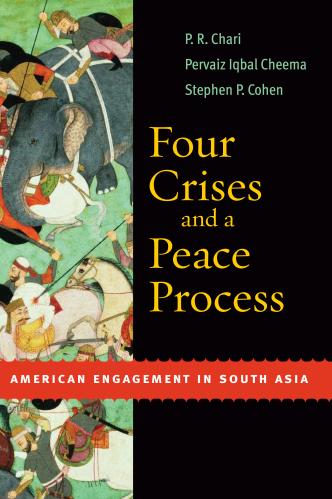
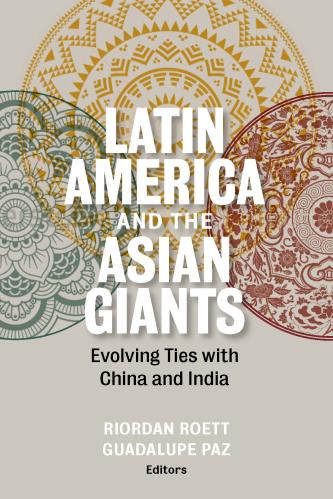
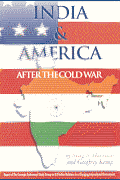

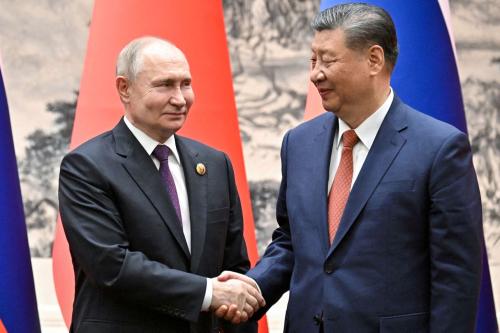
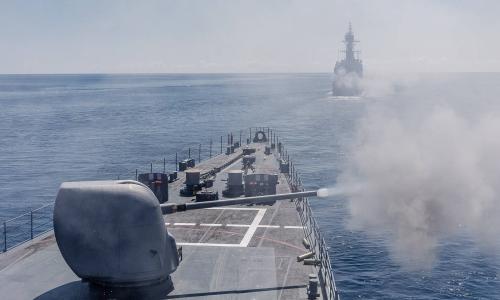
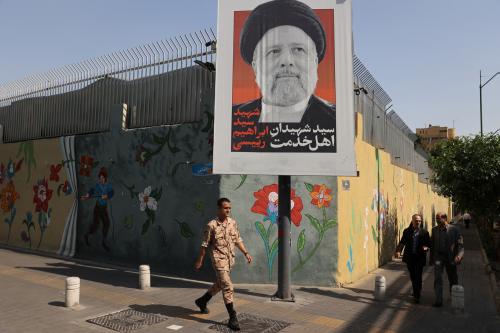
Commentary
Op-edStephen Cohen on 50 years of South Asia studies
The Hindu
June 2, 2016